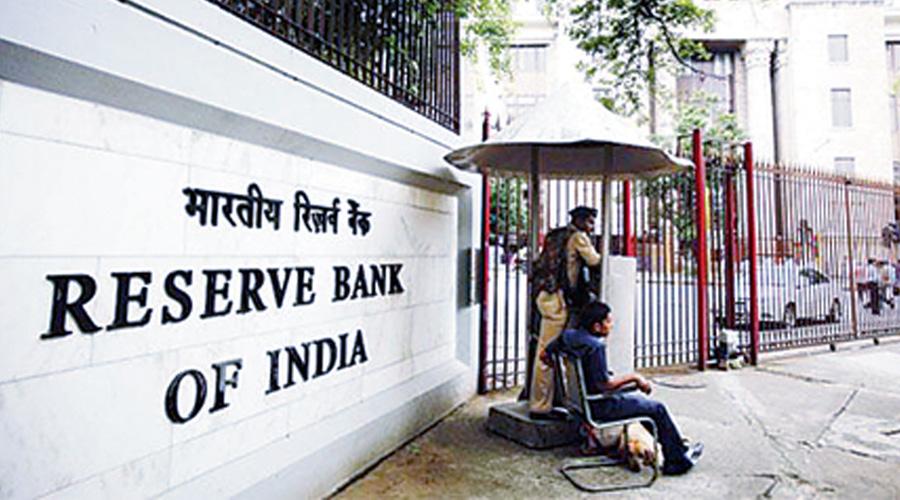The six-member monetary policy committee (MPC) of the RBI began its three-day meeting on Wednesday with consensus building around a pause in interest rates and the continuation of the apex bank’s accommodative policy.
While the Reserve Bank of India (RBI) is expected to reiterate its commitment towards ample liquidity in the system, traders are expecting more aggressive bond purchases under its G-sec Acquisition Programme (G-SAP 1.0), apart from any revisions to its growth and inflation forecasts.
In its April policy, the MPC had projected the Indian economy to grow 10.5 per cent in 2020-21 and retail inflation at 5.2 per cent in the first quarter of this fiscal, 5.2 per cent in the second quarter, 4.4 per cent in the third and 5.1 per cent in the final quarter, with risks broadly balanced.
The latest meeting of the interest rate setting panel comes at a time the second wave of the coronavirus is showing signs of slowing down with several states reporting a drop in daily cases, though the number of fatalities still remain a concern.
With signs the second wave is receding, states are expected to gradually lift their restrictions over the next few weeks.
At its last meeting, the RBI had retained the policy repo rate at 4 per cent and the reverse repo rate at 3.35 per cent.
On Monday, official data showed the economy growing at 1.6 per cent in the fourth quarter of 2002-21, while the contraction for the year at 7.3 per cent was less than the earlier projection of 8 per cent contraction.
“The better-than-expected GDP numbers provide much needed comfort to the MPC on the growth outlook. However, the lockdowns have intensified the downside risks to recovery. Hence, the RBI is likely to continue with its accommodative monetary policy stance,’’ said M. Govinda Rao, chief economic advisor of Brickwork Ratings.
However, considering the risks of inflation from the rising commodity prices and input costs, Brickwork Ratings expects the RBI to hold the repo rate at 4 per cent.
Yet, the focus will continue to be on liquidity and experts are not ruling out the possibility of the RBI coming out with more measures to support the bond markets.
“While markets will be expecting re-assurance on liquidity and awaiting the quantum of G-SAP for the next quarter, one should not be surprised if RBI governor Shaktikanta Das announces yet another innovative tool,” Anand Nevatia, fund manager at Trust Mutual Fund, told Reuters.
The RBI had announced the G-SAP 1.0 at its April meet to enable a stable and orderly evolution of the yield curve and provide comfortable liquidity conditions.











